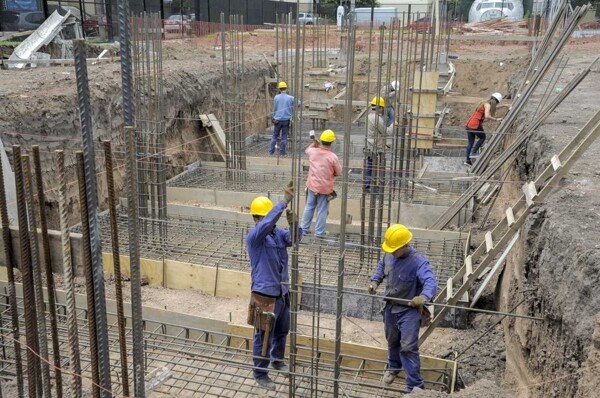
The Government modified the Code to add valid eviction reasons agreed upon by both parties in the contract. The College of Notaries of the Province of Buenos Aires explained that in Article 1013 it is established that "the cause must exist at the formation of the contract and during its celebration and subsist during its execution. Therefore, the cause in the CCyC is an element of the legal act (281) and also of the contract (1013).
The agency indicated that there are 2 types of causes for ending a lease: "Objective cause" in the functional stage of the contract (the immediate end authorized by the regulation that has been determinant of the will). "Subjective cause" in the functional stage of the contract: the frustration of the purpose that may cause its resolution (art. 1090 CCyC). Rental contracts between landlords and tenants usually have certain agreed terms that may give homeowners the authority to execute an immediate eviction of the individuals who rented the property.
In Argentina, the rental law was repealed by Decree 70/2023 and the validity of the Civil and Commercial Code was reinstated. "The lack of cause gives rise, depending on the cases, to the nullity, adaptation, or extinction of the contract." Thus, the cause is explained from Article 281 (objective and subjective aspects) and from the contractual necessity. Section 4 of this set of rules regulates rental activity.
Therefore, tenants often remain unprotected when signing the contract and often overlook certain clauses of the lease that could lead to an eviction by the Justice system. According to Article 1222, which speaks about payment demand and eviction of residences, the landlord must demand the tenant in case of non-fulfillment of "the payment of the amount due, granting for this a term that should never be less than ten (10) consecutive days counted from the reception of the demand, specifying the place of payment.”
Evictions must be carried out within a period no less than 10 days. The last cause of extinction or resolution of the contract was recently incorporated with Article 280 of the new DNU 70/2023. The DNU 70/2023 decree incorporated valid eviction reasons that are agreed upon by both parties. In the event that an eviction instance arises, the Civil and Commercial Code states that upon the expiration of 10 days or if the extinction of the lease is verified for any reason, the tenant must return possession of the property in question.
"In case of the tenant's non-compliance, the landlord can initiate the eviction judicial action," explains the regulation, which also states that this process must be carried out under the norms of each jurisdiction. If no special procedure exists, the law specifies that the process should be carried out in the "most abbreviated manner established by its procedural or special laws."
The College of Notaries of Buenos Aires illustrates with the case of a supposed rental contract for a party hall for a specific event. "If it is contracted, for example, for a wedding, the frustration of the ceremony does not give rise to the frustration of the purpose, if the hall was rented for any type of events (the owner rents it for weddings, baptisms, etc.)."













